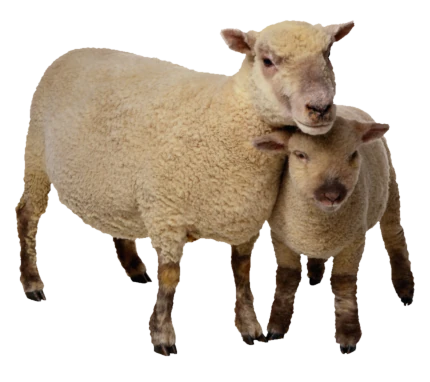It’s good for our health, it saves money and reduces emissions, but is a plant-based diet something that the NHS could adopt? Dr Shireen Kassam investigates…
The first tenet of a healthcare professional or institution is ‘first, do no harm’. Since becoming vegan almost 10 years ago, for me, as a practicing doctor in the NHS, this means ‘do no harm to people, planet and animals’.
This is known by the international healthcare community as ‘One Health’, defined as ‘a collaborative, multisectoral, and transdisciplinary approach with the goal of achieving optimal health outcomes recognising the interconnection between people, animals, plants, and their shared environment’…
…80 per cent of conditions dealt with by the NHS are entirely preventable if we were all to adopt a healthy plant-based diet, alongside other healthy habits…
Education and training on plant-based diets
Medical education tends to focus on treating chronic conditions once they have arisen rather than emphasising a preventative approach. This is mirrored in how funds are spent within the NHS, with only 5 per cent of the roughly £200 billion budget spent on prevention and the rest on treatment.
Given that unhealthy diets are the leading risk factor for chronic conditions and early death, you would have thought that nutrition education would be prioritised in undergraduate healthcare education. Yet most doctors feel ill prepared to address diet and nutrition with their patients and on the whole avoid the topic or provide very generic information. >>MORE

